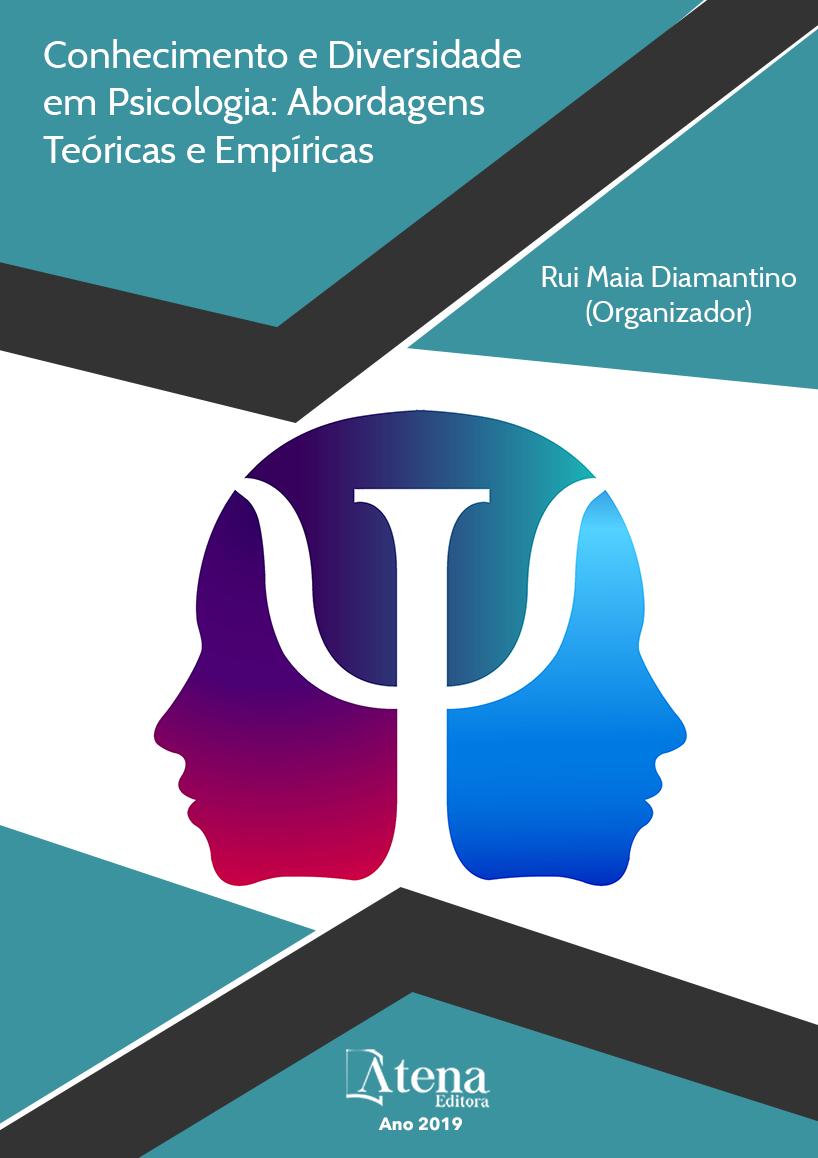
O BRINCAR NA PRIMEIRA INFÂNCIA E A SUA GARANTIA EM POLÍTICAS PÚBLICAS
As recentes pesquisas apontam
um impacto positivo do bom desenvolvimento
durante a primeira infância sobre a
aprendizagem. Sobretudo durante o brincar
espontâneo, entendido como linguagem
universal da criança e, portanto, seu direito.
Brincando, a criança começa a ter contato e
a atuar no mundo real a partir de seu mundo
do faz de conta, conseguindo desta forma a
apre(e)nder regras, simbolizar, se movimentar
e ressignificar muitos de seus conflitos e
sofrimentos interiores. É capaz de construir em
pequenas doses, a partir do ato criativo, sua
autonomia, espírito crítico, responsabilidade e
senso de cooperação.
A pesquisa utilizou-se do método qualitativo.
Por meio da prática etnográfica foi observado o
contexto de uma semana em duas instituições
públicas sendo uma de Educação Infantil e outra
do primeiro ano do Ensino Fundamental I. Por
meio de diário de campo foram feitos registros
das observações com objetivo de compreender
de que forma acontece o brincar nessas
instituições. As análises foram feitas a partir das
seguintes categorias, construídas com base nas
observações: ambiente; cantinhos brincantes;
papel social do brincar; rodas de conversa;
interação entre as crianças; mediação;
autonomia; aprendizagem a partir do brincar;
afetividade e alfabetização. As observações
revelaram que há significativa diferença entre
a garantia do direito de brincar na Educação
Infantil e no 1º ano do Ensino Fundamental.
Todas as categorias aqui analisadas procuraram
demonstrar o quanto o brincar, se garantido em
políticas públicas e incorporado pelo educador
na rotina das instituições escolares, promove o
aprendizado, autonomia e educação para suas
crianças.
O BRINCAR NA PRIMEIRA INFÂNCIA E A SUA GARANTIA EM POLÍTICAS PÚBLICAS
-
DOI: 10.22533/at.ed.3211923196
-
Palavras-chave: Brincar; Desenvolvimento do brincar; Políticas públicas
-
Keywords: Playing; Childhood play development; Public policies
-
Abstract:
Recent research points to a positive
impact of good early childhood development on
learning. Especially during spontaneous play,
which is understood as the child's universal
language and therefore, its right. By joking, the
child begins to make contact and to act in the
real world from your world of make-believe,
thus being able to learn rules, symbolize, move
and re-signify many of their inner conflicts and
sufferings. It is able to build in small doses, from the creative act, its autonomy, critical
spirit, responsibility and sense of cooperation.
The research was based on the qualitative method. Through the ethnographic practice,
the context of a week was observed in public institutions of Early Childhood Education
and the first year of elementary school. Through a field diary, the observations were
recorded in order to understand how play occurs in these institutions. The analyzes
were made from the following categories, based on the observations: environment;
gibbering corners; the social role of play; conversation wheels; interaction among
children; mediation; autonomy; learning from play; affectivity and literacy. The
observations revealed that there is a significant difference between the guarantee of
the right to play in Infant Education and in the 1st year of Elementary School. All the
categories analyzed here attempt to demonstrate how much playing, if guaranteed in
public policies and incorporated by the educator in the routine of school institutions,
promotes learning, autonomy and education for their children.
-
Número de páginas: 15
- Caroline Marques da Silva


